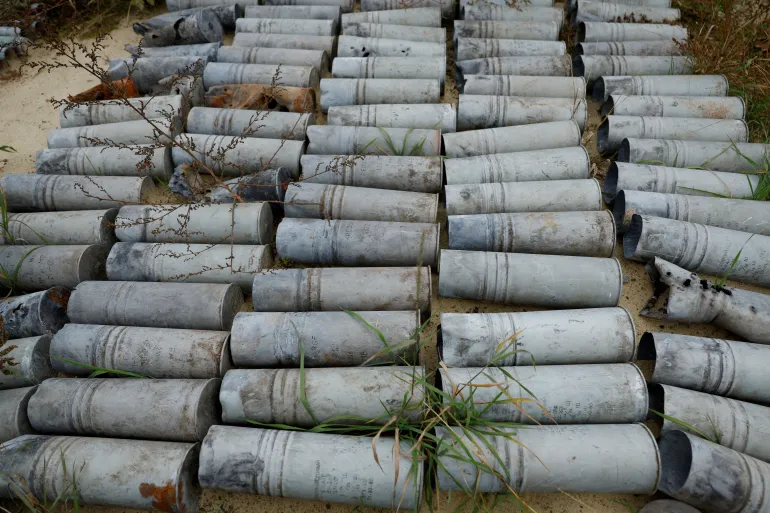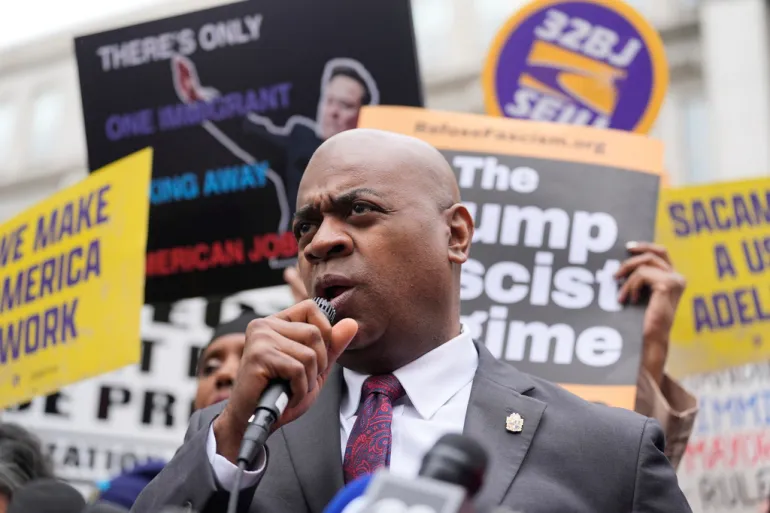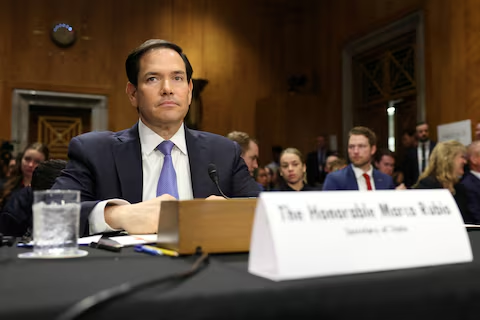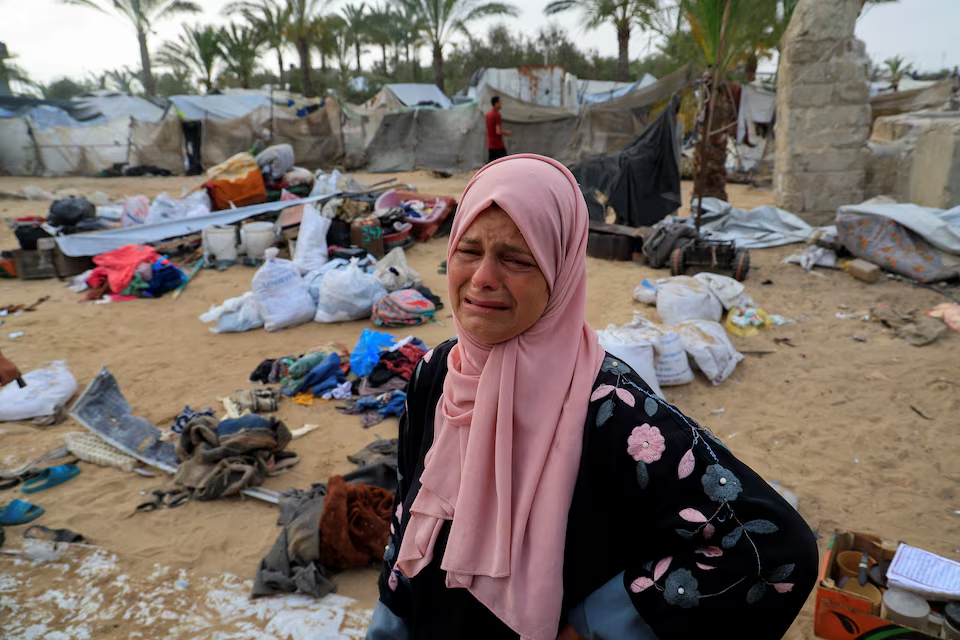Ukraine has accused China of actively supporting Russia’s arms industry, escalating international concerns about Beijing’s role in the ongoing war in Ukraine and prompting calls for increased scrutiny of Chinese exports and financial ties to Moscow.
Speaking on Sunday, Ukrainian Foreign Minister Dmytro Kuleba stated that his government possesses “credible evidence” that Chinese companies are providing dual-use components and technology critical to the Russian war machine. These items, while often classified as civilian-use goods, are allegedly being diverted to support Russia’s military production capabilities.
“We have documented cases of Chinese-origin parts found in Russian drones, missiles, and vehicles recovered on the battlefield,” Kuleba said during a televised interview. “This is not passive economic interaction—this is enabling aggression.”
The accusation comes as Ukraine continues to push its Western allies to tighten sanctions against both Russia and any foreign entities indirectly supporting its military efforts. Kuleba called on the European Union, the United States, and NATO to take a unified stance in pressuring China to halt all forms of material assistance to Russia.
China has so far denied providing lethal aid to Russia. The Chinese Foreign Ministry responded sharply to Ukraine’s claim, describing it as “groundless and irresponsible.” Spokesperson Mao Ning reiterated Beijing’s official position of neutrality, stating, “China does not sell weapons to parties involved in the conflict and calls for a peaceful resolution.”
Despite China’s denials, Western intelligence reports have suggested that Chinese firms have been supplying microchips, optical sensors, navigation equipment, and even industrial machinery that can be repurposed for military use. While not classified as weapons, such exports help Russia circumvent sanctions and maintain its arms production despite severe international restrictions.
According to Ukrainian defense officials, some components traced back to Chinese manufacturers have been found in the wreckage of Shahed-style drones and Kalibr cruise missiles used by Russian forces in attacks on civilian infrastructure.
The U.S. has previously warned China against helping Russia circumvent sanctions. Secretary of State Antony Blinken stated earlier this year that Washington would respond “decisively” to any evidence of material support from Beijing to Moscow. The U.S. Treasury has also imposed targeted sanctions on several Chinese firms accused of aiding Russia’s military-industrial complex.
Ukrainian officials are now urging European leaders to follow suit. “China cannot claim neutrality while propping up Putin’s war effort,” said Mykhailo Podolyak, a senior adviser to President Volodymyr Zelenskyy. “Silence or inaction from the international community will only embolden further escalation.”
The accusation threatens to complicate already strained relations between Kyiv and Beijing. Ukraine, which once had warm ties with China, has grown increasingly critical of Beijing’s ambiguous position since Russia’s full-scale invasion began in 2022. China has called for ceasefires and peace talks but has never condemned Russia’s actions, maintaining what analysts describe as a strategic ambivalence.
Meanwhile, the Chinese government has continued to expand trade with Russia, with bilateral trade surpassing $240 billion in 2024, up significantly from pre-war levels. Critics argue that this growing economic cooperation helps fund Russia’s war chest and undermines the effectiveness of Western sanctions.
As Ukraine braces for another summer of intensified fighting, particularly in the eastern and southern regions, the alleged flow of Chinese components into Russia’s military supply chain has taken on added urgency. Ukrainian officials worry that without decisive international action, Russia will continue to replenish its arsenal and prolong the conflict.
Kuleba concluded his remarks with a warning to China: “The world is watching. Actions have consequences. If Beijing wants to be a global leader, it must choose between peace and complicity.”
Source: Al Jazeera



